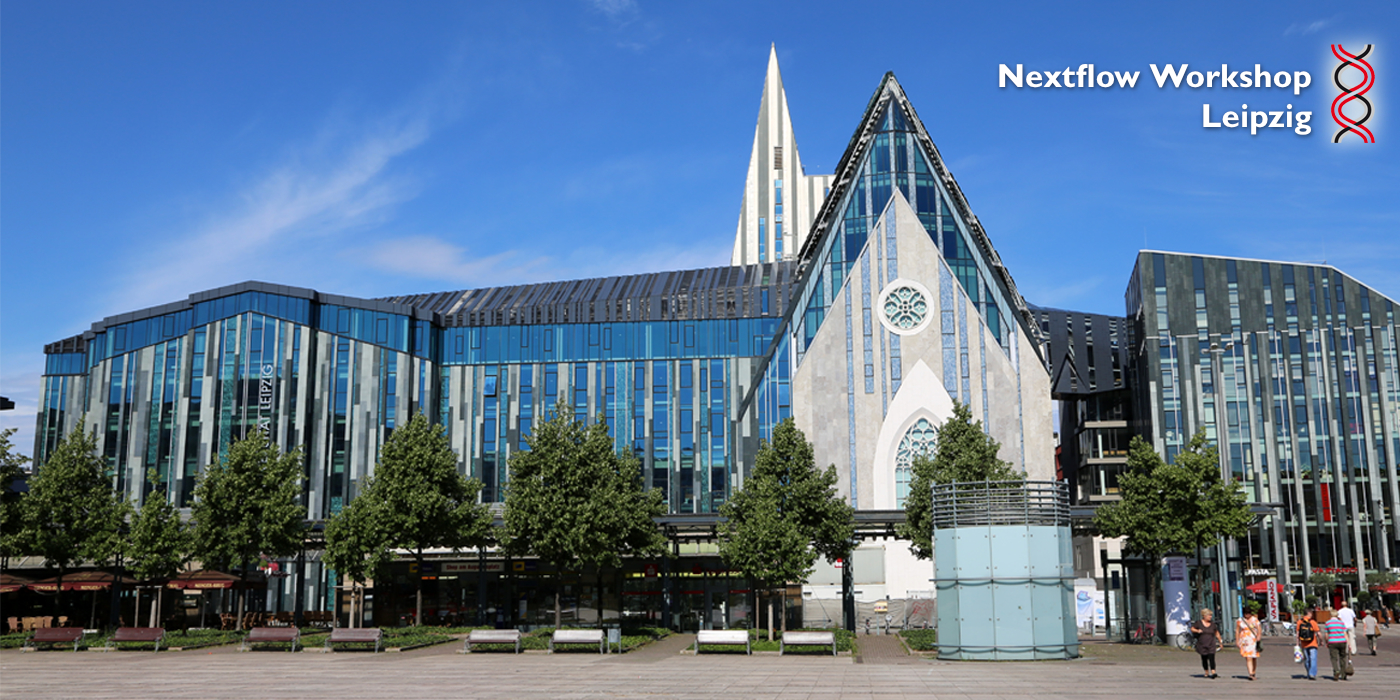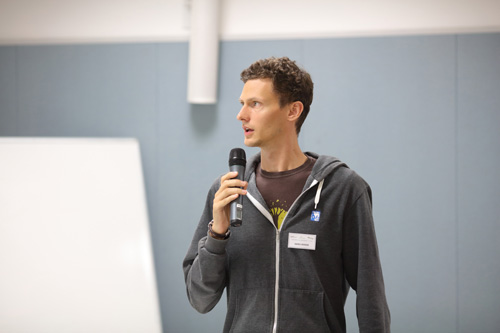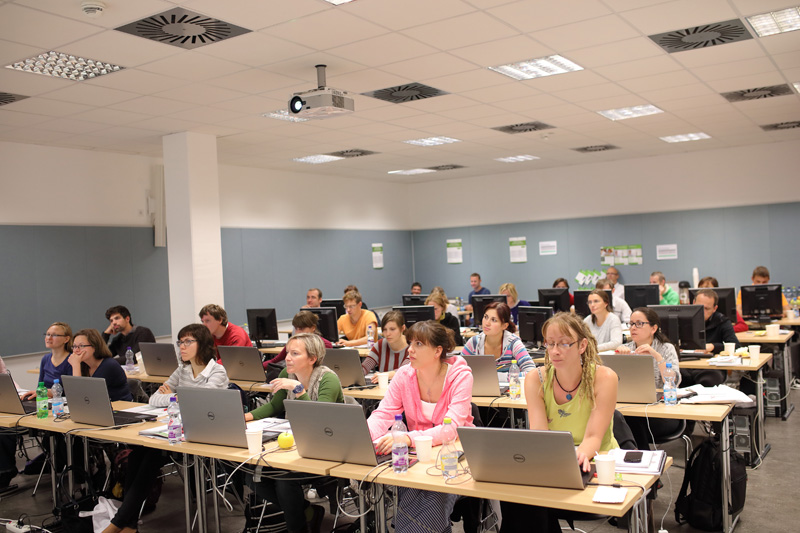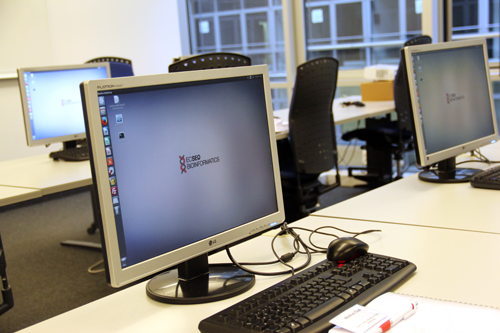Bioinformatics Pipeline Development with Nextflow
How to manage your own data analysis pipelines using workflow management systems

Due to organizational reasons, the course had to be moved from Munich to Leipzig.
Streamline your research through the development of reproducible analysis pipelines
In a nutshell
- Learn the fundamental best-practices of bioinformatic pipeline development
- Understand how workflow management systems can accelerate your research
- Use state-of-the-art, open source software to make complex analyses routine
- Perform your own custom analysis pipelines using Nextflow!
When?
May 15-17, 2023
9 am - 5 pm
Where?
Leipzig, Germany






